Members
BVMN is composed of 12 members (2 of which are anonymous), as listed below, each of which participates in our Open Assembly to decide upon key strategic actions affecting our work. These decisions are carried out by a team of coordinators that manage the Network’s daily operations. Each member organisation provides its own specific types of aid in addition to its involvement in BVMN
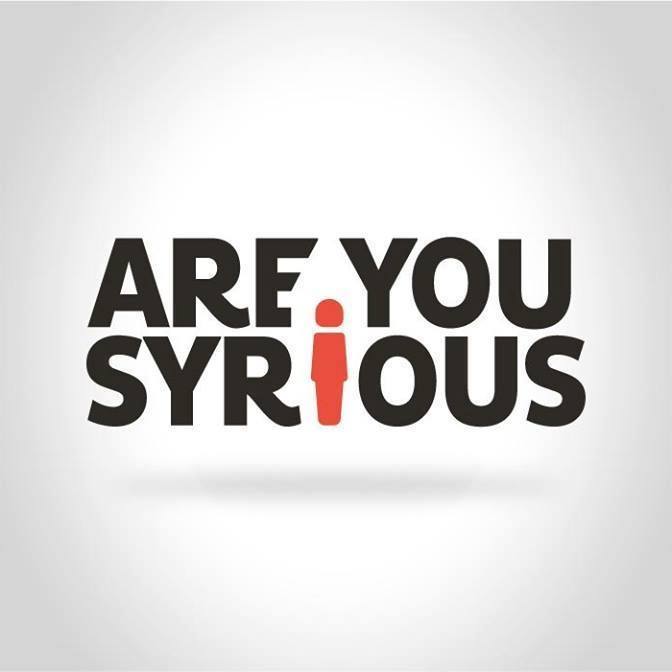
Are You Syrious? (AYS), is a grassroots civil society organisation, which aims to provide trusted international refugee news via the AYS Daily Digest; research and advocacy on asylum and migration in Croatia and on the EU level, as well as innovative integration and educational programs in Zagreb, Croatia.
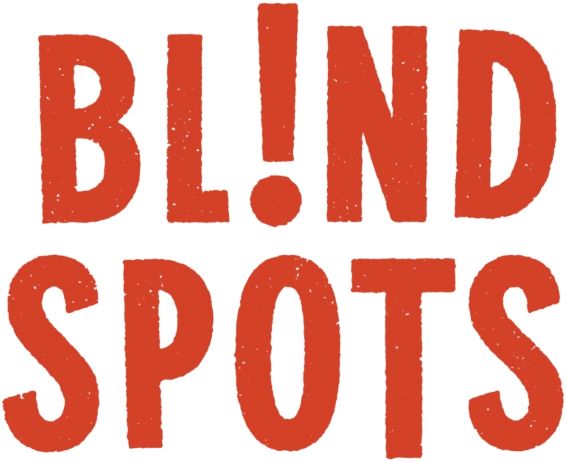
Blindspots is a non-profit association that aims to provide direct solidarity aid to people on the move and to raise public awareness of places of humanitarian and political crisis. In its main project in Bosnia and Herzegovina, Blindspots tries to improve the living conditions of people on the move in squats by installing stoves, carrying out construction work, and distributing firewood.

Collective Aid is an independent, volunteer-run organisation aiming to respond to the ever-changing needs of refugees and migrants across Europe. Working in Serbia, France, and Bosnia and Herzegovina, we currently run projects focusing on water, sanitation and hygiene (WASH); non-food aid distributions; and border violence monitoring.
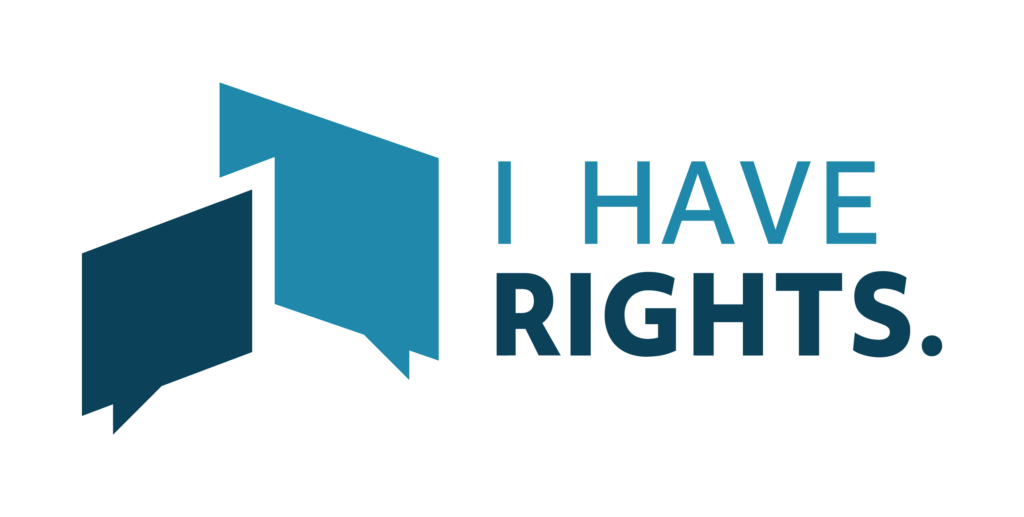
I Have Rights (IHR) is a legal and political NGO based on Samos. IHR works to defend the right to asylum in Europe and fights against pushbacks and the detention of people on the move. IHR informs individuals in one-to-one appointments about their rights, prepares asylum seekers for their asylum interview and where necessary legally represents them in the asylum procedure. In addition, the IHR’s casework team holds workshops for people on the move on the island.
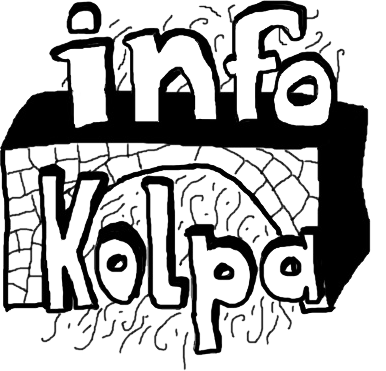
Infokolpa is a civil society organisation based in Ljubljana, Slovenia. It engages with issues of migration, asylum procedures, and freedom of movement. Infokolpa tracks and investigates the production of legality and illegality practices on the Balkan route focusing on violation of human rights on the Schengen and externalised borders of Europe. Infokolpa is performing activities towards the disclosure of violence on the borders, “silent topics” outsourced to Europe’s periphery, and improvement of integration in “incoming” society once refugees overcome physical, material, communicative, bureaucratic and psycho-social barriers to a peaceful life.
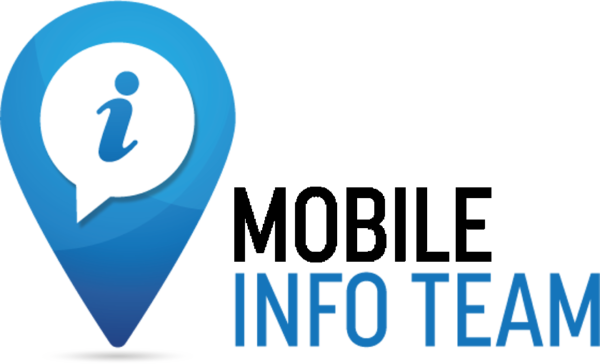
The Mobile Info Team (MIT) aspires to support individuals caught in a complex European asylum system in Greece. MIT provides refugees with accurate and up-to-date information on Facebook in their native languages. MIT caseworkers assist individuals personally for the full duration of their asylum procedure and family reunification. It also organizes Info Session to keep asylum seekers and other volunteers on the ground informed. Advocacy is an important tool to advocate structural reform in the asylum procedure and to report about human rights violations, such as push-backs.
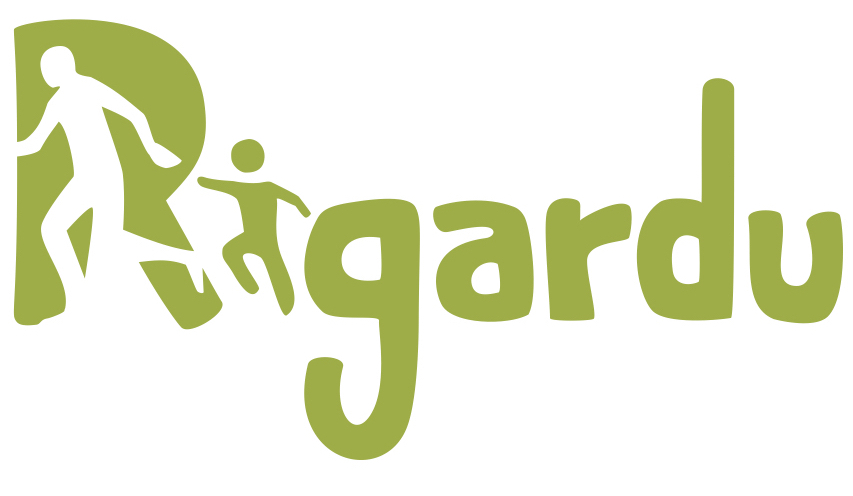
Rigardu began as a group of volunteers providing direct humanitarian assistance in 2015 turning into a charitable association based in Germany a year later. Nowadays, the group’s main focuses are on political education and strengthening Border Violence Monitoring Network (BVMN) of which its forms the legal and administrative framework.

Legal Centre for the Protection of Human Rights and the Environment (PIC)’s main goal is to ensure the protection of fundamental human rights and freedoms and endeavouring respect for the rule of law, a social state and democracy. We provide various types of legal protection of human rights and intervene in cases of threats to fundamental freedoms.
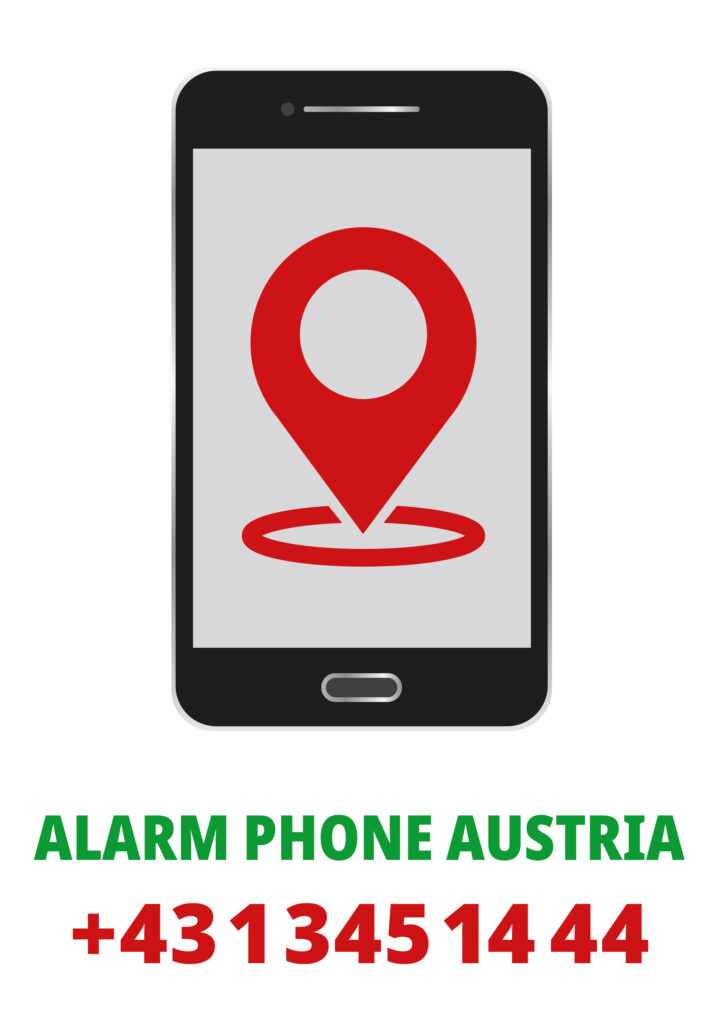
Push-Back Alarm Austria is an emergency service hotline based in Austria that provides emergency support for victims of pushbacks, deportees, and individuals who are wrongfully denied asylum requests after crossing the Austrian border.
Working Groups
Our work is coordinated by 5 main working groups, in which all partners and BVMN staff and volunteers participate. These include:
FIELD TEAM
Using BVMN’s standardised collection methodology, the Field Team collects individual testimonies of pushbacks and other types of violence inflicted against people on the move. These reports are then uploaded to our online database and made available for advocacy efforts undertaken by both the Network and other actors. With the aid of our field coordinators, the team operates in key geographic areas along the so-called Balkan Route alongside our partners, including Blindspots, Collective Aid, No Name Kitchen, Mobile Info Team and various anonymous partners.
Research & Investigations Team
The Research and Investigations Team supports the Field and Advocacy Teams in providing analysis and further research into forms of border violence identified in the testimony collection process. The team takes a multifaceted approach to research projects and collaborations by drawing on first-hand testimonies and other field observations collected by the BVMN in tandem with Freedom of Information Requests and other methods of requesting information directly from states. It also utilises open-source intelligence (OSINT) methodologies.
ADVOCACY TEAM
The Advocacy Team utilises the testimonies and findings of the Network to raise awareness amongst European parliamentarians, the Council of Europe, the United Nations and other key political institutions at the local, national, and international levels. The team participates in policy meetings, builds strategic alliances, and engages in complaint mechanisms to directly link the voices of those most directly affected by policy decisions to the bodies and individuals making such decisions. The team is composed of coordinators and volunteers from Are You Syrious, I Have Rights, Info Kolpa, PIC, Push-Back Alarm Austria, Mobile Info Team, and Mare Liberum.
LEGAL WORKING GROUP
The Legal Working Group supplies the Network with tools to recognize potential cases for litigation, to identify legal mechanisms and legal advocacy avenues, and to seek accountability for human rights violations. The legal working group engages with the Council of Europe through third party interventions to the European Court of Human Rights and communications on the executions of judgments. The group provides feedback throughout the EU legislative process to EU Institutions. It files freedom of information requests to EU bodies, institutions and agencies. The legal working group supports people on the move by connecting victims with legal professionals in order to exercise their rights.
Finance & Administrative Team
The Finance & Administrative Team ensures the economic stability of the Network by identifying funding sources and providing administrative support to the Network. They also work closely with partner Rigardu e.V., which provides the legal administrative framework for the Network.
